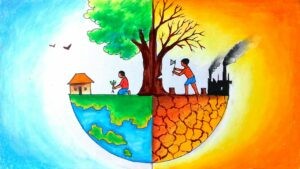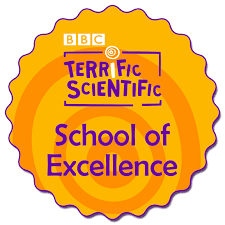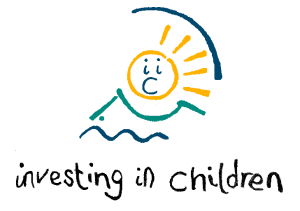Welcome to Class 6
Welcome back Class 6! We hope you are prepared for another busy and exciting term!
Year 6 updates:
- Tuesday – 2 hours of PE with a specialist coach.
- Wednesday – Homework and spellings to be returned by following Monday.
- Friday – Outdoor learning.
Literacy
In Literacy, we will begin the half term reading the fantastic “Why The Wales Came” by Michael Morpurgo. Gracie and her friend Daniel have always been warned to stay away from the Birdman and his side of the island; however, when they find a message in the sand, they soon discover the Birdman is not who they thought. We will be writing our own newspaper articles about the mysterious discovery within the book. As the story is set on The Isles of Scilly, we will also be reading non-fiction texts linked to the Isles of Scilly to inspire our own visitor guides about the Isles of Scilly. I am sure we will encourage you to take a visit to this incredible archipelago!
In the second half of the term, we will be reading “Love and Roast Chicken: A Trickster Tale from The Andes Mountains” by Barbara Knutson – linked to our Peru topic in Geography. Quick-witted Cuy fools Tío Antonio – the fox – not once, but three times. Combining striking wood block artwork with an authentic South American voice, this sly trickster tale shows that clever thinking is key when you’re out-foxing the fox! We will use the book as inspiration for our very own trickster tales!
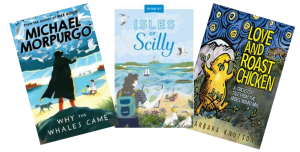 Maths
Maths
In Maths, we are excited to continue our mastery approach to our lessons, developing our reasoning and problem-solving skills and gaining a deeper understanding of key mathematical concepts. We will cover some new learning – including the topics of ratio and algebra – as well as consolidating and extending our understanding of converting units, area, perimeter and volume, and shape. We will constantly be revisiting our previous learning and practising our arithmetic skills in order to feel confident ready for our SATs.
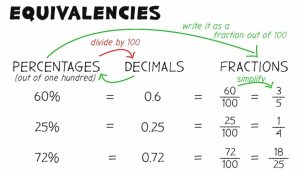
Science
In the first half we will be exploring Evolution and how animals can adapt over time. We will study Charles Darwin and learn more about his exploration to the Galapagos Islands and how he identified the changes in finches. We will explore the process of natural selection and how adaptations can even happen in our modern world!
After May half term, we will be studying ‘Animals including Humans’. We are looking forward to learning more about blood composition, the human heart, the circulatory system and how to lead a healthy lifestyle.
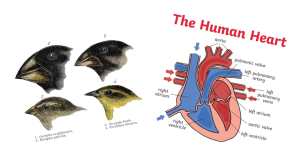
Geography
Linking to our trickster tale in Literacy, we will be learning about Peru. We will identify the three very different geographical regions: the Pacific coastal strip, the Andes mountains and the Amazonian lowlands. We will focus on map reading, exploring the main industries across the region, the climate changes, as well as focusing on human geography to consider what it is like to live in Peru, using data to critically analyse the difference in climate between the regions and creating our own graphs to represent our findings. Finally, we will compare each place that we have studied, discuss preferences and justifying them with reasons.
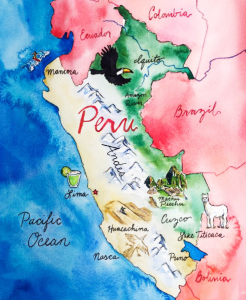
History
In History this half term, we will be learning all about Medicine Through Time! An incredible, eye-opening and sometimes disgusting topic! We will learn all about the advancement of medicine through the ages, starting with Medieval medical practices and making the journey through to modern medical advancements like the Covid 19 Vaccine! We will look into the work of pioneering scientists such as Hippocrates, Claudius Galen, Florence Nightingale, Edward Jenner and Louis Pasteur. We will place events, discoveries and people on timelines and discover about the fascinating theories of the past through analysing a range of primary and secondary sources. A truly amazing topic that I am sure Year 6 pupils are going to love!

RE
After Christmas we will be answering the question ‘Who cares about the environment?’ As part of this topic, we will explore the differences in the creation stories across different religions as well as the religious teachings of a range of religions before focusing on Christianity to investigate the environmental work of Pope Francis and Christian aid.
After half term we will critically consider the question ‘Why are Good Friday and Easter Day the most important days for Christians?’ To begin our topic, we will recall the Easter story, in particular the events of Good Friday and Easter Sunday. Our focus will be how Christians observe Good Friday and we will all consider why we think that the events of Good Friday occurred. After learning about Good Friday, we will move onto explaining how Christians observe Easter Sunday and we will express justified opinions on why the events of Easter Sunday are so significant to Christians.
